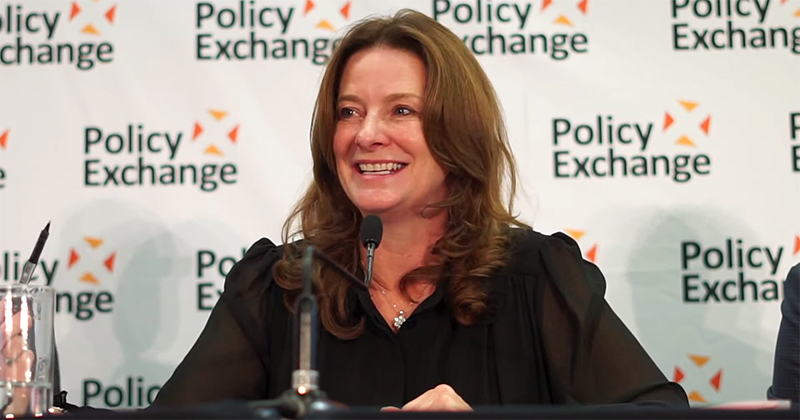College leaders must wait until the next government is formed before getting a pay rise recommendation for their staff from the Association of Colleges (AoC), it has been confirmed.
Last week, before the general election was called, the AoC told further education unions it would not recommend a staff pay rise to colleges until the government responded to the recommendations of the School Teachers Review Body (STRB).

It’s now been confirmed by the education secretary the government will not publish its response to the STRB on school teacher pay before the general election on July 4.
The AoC has confirmed it will therefore delay making its pay recommendation.
In a letter to school unions, seen by sister publication Schools Week, Gillian Keegan said “all government decisions, including a response to the [School Teachers’ Review Body’s] recommendations, will need to be carefully considered in light of the sensitivity of the pre-election period.”
“The government will publish its response in due course, but will not be able to do so during the pre-election period.”
Talks between the AoC and five further education staff unions for the 2024/25 began last week before the general election was called.
A ‘very early decision’ for next government
Now the election has been announced for July 4, the AoC has confirmed it will continue to hold out before making its recommendation.

The AoC is pinning its hopes on the next government stumping up enough additional funding for colleges that will prevent the “completely unjustifiable” pay gap between schools and colleges from getting any wider.
David Hughes, AoC chief executive said: “The pay gap of around £9,000 between school teachers and college lecturers is completely unjustifiable and needs to be closed as soon as possible, so the delay in setting school teacher pay in turn means AoC will delay making a formal offer in response to the college unions’ claim this year.
“We want to give the education secretary after the election the chance to make a very early decision on school and college pay at the same time, to ensure at the very least that the pay gap does not widen.”
The National Joint Forum of unions, comprised of Unite, UCU, Unison, GMB and the National Education Union demanded a 10 per cent or £3,000 pay rise for FE staff next year. The unions’ pay claim also called for a £30,000 minimum starting salary for college lecturers, matching schools.
The University and College Union, which is mired in industrial unrest among its own staff, is also pushing for binding national pay agreements, as there are for schools and sixth forms.
Government won’t be ‘let off the hook’

Leaving the STRB response to the next government, potentially putting Labour on a collision course with unions on day one, was branded a “shameful abdication of duty” by Daniel Kebede, general secretary of the National Education Union.
“The STRB process should have been concluded by now, as per the terms set by Keegan following last year’s [pay] dispute. School leaders absolutely need to know what pay award to budget for. Teachers deserve to know what pay to expect in September.”
A college pay deal wasn’t reached last year until September and came following a two-year deal worth £470 million for colleges through their 16-19 education allocations, which Keegan insisted was for staff pay. This meant the AoC could recommend a 6.5 per cent pay award for colleges, matching the STRB recommendation for schools.
“One of our five general election asks is for the pay gap to close over the next few years and for a starting salary of at least £35,000 to be in place for college lecturers. Making a pay offer now would let the government off the hook in putting right the unfair pay position in colleges,” Hughes said.

















What was the pay gap between schools and FE in 2010 I wonder, it hasn’t suddenly jumped to £9,000.
How many College staff were on zero hours contracts in 2010, was it less than the 20% it is now?
It’s all well and good for AOC to pin new colours to the mast now there is political change in the air, but they have had a hand in the worsening pay and conditions of frontline staff.
Plus, so we don’t forget, the earnings of the 20% on zero hours contracts are excluded from the salary averages, so the reported gap is almost certainly wider… and that’s before you consider whether schools salaries are a fair benchmark to measure a gap against (schools salaries will have fallen behind inflation over the years).